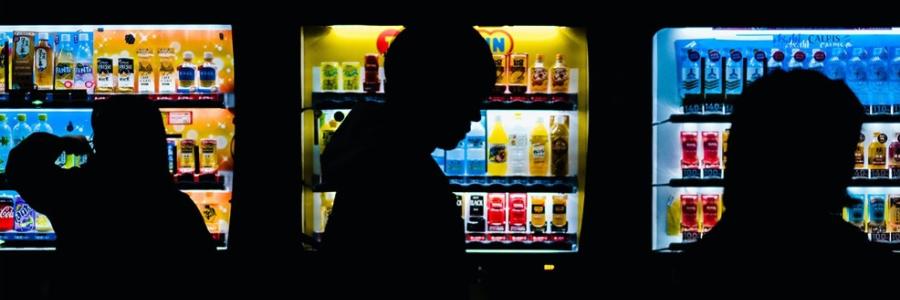
Boys who associate with delinquent friends are more likely to display antisocial behavior. A new study by neuroscientists and behavior experts from Vrije Universiteit Amsterdam and Amsterdam UMC, led by CNCR colleague Jorim Tielbeek (dept. of Complex Trait Genetics) shows that this association is stronger in boys with an increased sensitivity to reward.
Boys who associate with delinquent friends are more likely to display antisocial behavior. A new study by neuroscientists and behavior experts from Vrije Universiteit Amsterdam and Amsterdam UMC, led by CNCR colleague Jorim Tielbeek (dept. of Complex Trait Genetics) shows that this association is stronger in boys with an increased sensitivity to reward.
For the first time, a scientific study on antisocial behavior has demonstrated an interaction effect between a brain mechanism, measured with functional MRI scans, and an environmental factor. The researchers, led by Jorim Tielbeek, specifically focused on at-risk youth (youth who have come into contact with the police before the age of 12), with an average age of 18 during the study period. The results of the research were published today in the prestigious scientific journal Psychological Medicine .
The researchers show that the connection between associating with delinquent peers and antisocial behavior depends on reward sensitivity, measured in the reward center (Ventral Striatum) of the brain. This relationship is stronger in youth with an increased response to reward compared to those with a lower response. The researchers did not observe similar interaction effects for the amygdala and the medial prefrontal cortex, two other brain areas involved in reward processes. Despite functional MRI being a powerful tool, the researchers highlight limitations in reliability, particularly within predetermined areas of interest.
Sensitivity to influences of delinquent peers
With follow-up analyses, the researchers demonstrate that the positive association between associating with delinquent friends and DBD symptoms is only present in male adolescents, and this effect decreases with age. “These findings point to an intriguing biosocial interaction between associating with delinquent friends and the reward sensitivity of the ventral striatum in relation to antisocial behavior. This suggests that individual biological differences may be intertwined with sensitivity to influences of delinquent peers,” says Tielbeek.
Tielbeek continues: “Our research not only sheds new light on the complex factors contributing to antisocial behavior in adolescents but also opens the door to future research focusing on the development of preventive interventions based on these insights. However, our results need to be tested and validated in independent samples first. Replication is essential in fMRI research.”
https://vu.nl/en/news/2023/reward-sensitivity-plays-a-role-in-youth-crime